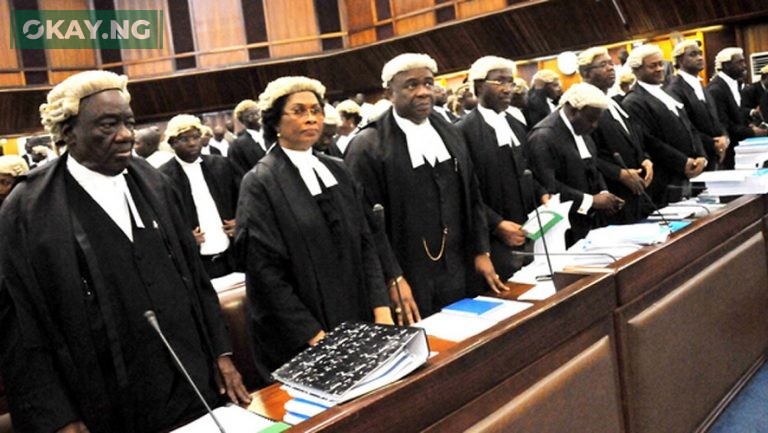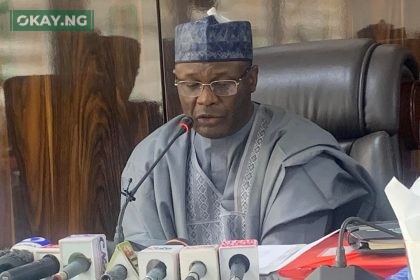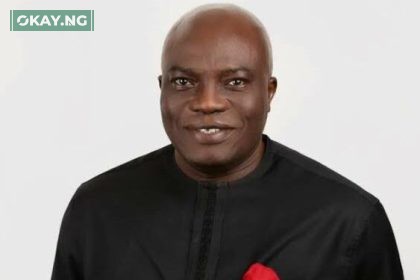In a bid to significantly reshape Nigeria’s judicial landscape, the House of Representatives has advanced a bill proposing to grant the Nigerian Bar Association (NBA) the power to scrutinize and potentially remove corrupt judicial officers. This landmark legislation, titled “A Bill for an Act to Provide for the Presumed Resignation from Office of the Chief Justice of Nigeria, Justices and Judges of Certain Courts in Nigeria and for Related Matters,” seeks to introduce a novel mechanism for ensuring judicial accountability.
Sponsored by Afam Ogene, representing Ogbaru Federal Constituency, Anambra State, the bill, which passed its second reading on Tuesday, aims to amend the 1999 Constitution to address what proponents describe as the “ineffectiveness” of the current disciplinary framework.
“We are seeking to introduce an alternative constitutional mechanism for disciplining erring and corrupt judicial officers, beyond the mundane role of the National Judicial Council (NJC), which, according to him, has become ineffective in addressing the decline in the judiciary,” Ogene stated.
The proposed amendment would empower the NBA to receive petitions, assess defenses, and conduct a vote of no confidence against judicial officers. If two-thirds of the NBA’s members, at their Annual General Meeting or Conference, vote against a judge, that judge would be deemed to have resigned. This radical shift in oversight aims to instill greater public confidence in a system often perceived as vulnerable to corruption.
However, this proposal raises crucial questions. Can the NBA, a professional body, effectively and impartially wield such significant power? Will this safeguard against potential abuses, or will it politicize judicial processes? Many Nigerians, facing the daily realities of perceived judicial inefficiencies and alleged corruption, may find the prospect of a more accountable judiciary appealing.
Simultaneously, the House also advanced another bill, sponsored by Speaker Abbass Tajudeen, seeking to mandate that the NJC’s recommendations precede the removal of heads of courts. This bill, aiming to amend Section 292(1)(a)(i) and (ii) of the 1999 Constitution, seeks to protect judicial independence by ensuring that removals are based on substantiated findings, not political whims.
“This situation undermines the doctrine of separation of powers and the checks and balances enshrined in the Constitution. More fundamentally, it threatens the independence of the Nigerian judiciary, as it allows for the removal of heads of courts by other arms of government without charge, trial, or proof of culpability,” Speaker Tajudeen emphasized. This reflects the supreme courts ruling in Elelu-Habeeb & Anor. v. A-G of the Federation & 2 Ors. (2012) 13 N.W.L.R. (Pt. 1318) 423, which reinforces the need for due process.
The current system, which allows for presidential or gubernatorial removals with legislative support, leaves judicial heads vulnerable to political influence. As you, the reader, consider the implications, it is clear that these proposed amendments reflect a broader societal desire for a more transparent and accountable judiciary.
The passage of these bills signifies a potential turning point in Nigeria’s legal history. The outcome of these legislative efforts will undoubtedly shape the future of justice delivery, impacting the lives of countless Nigerians who seek fairness and equity within the legal system.













